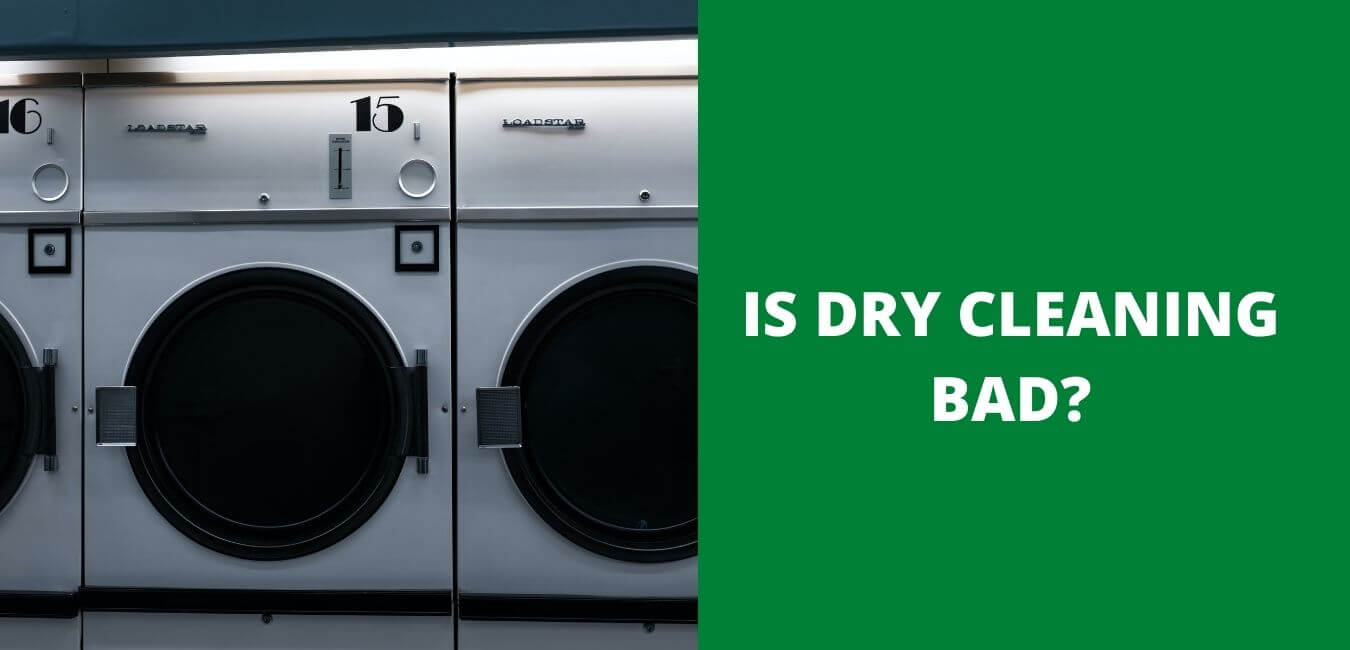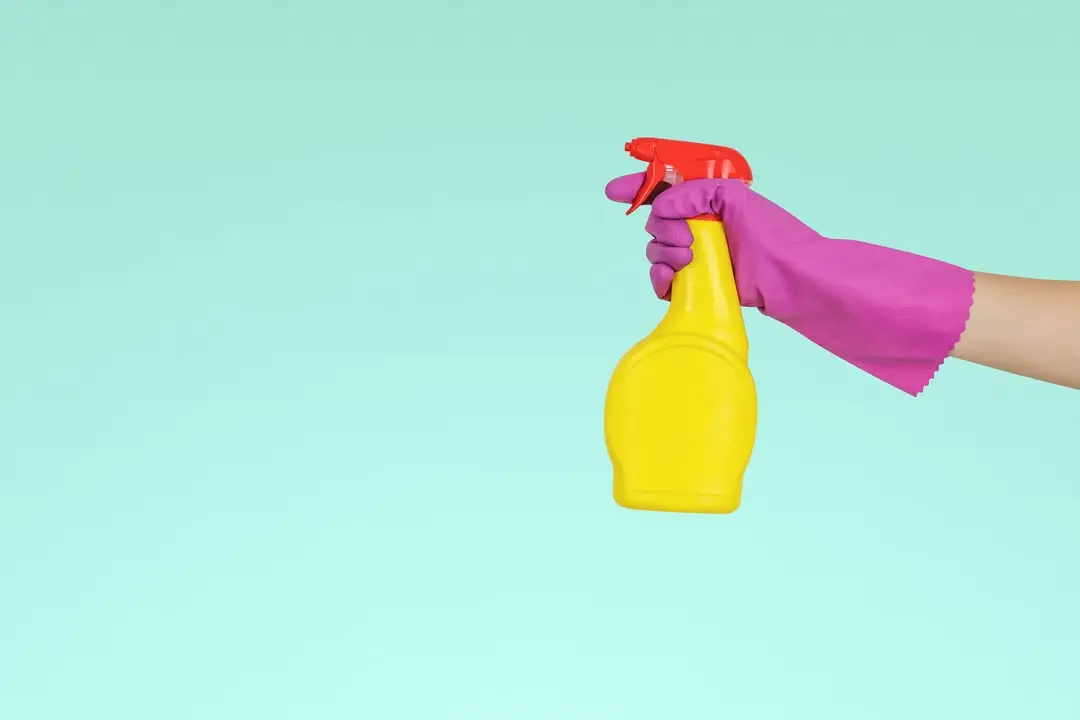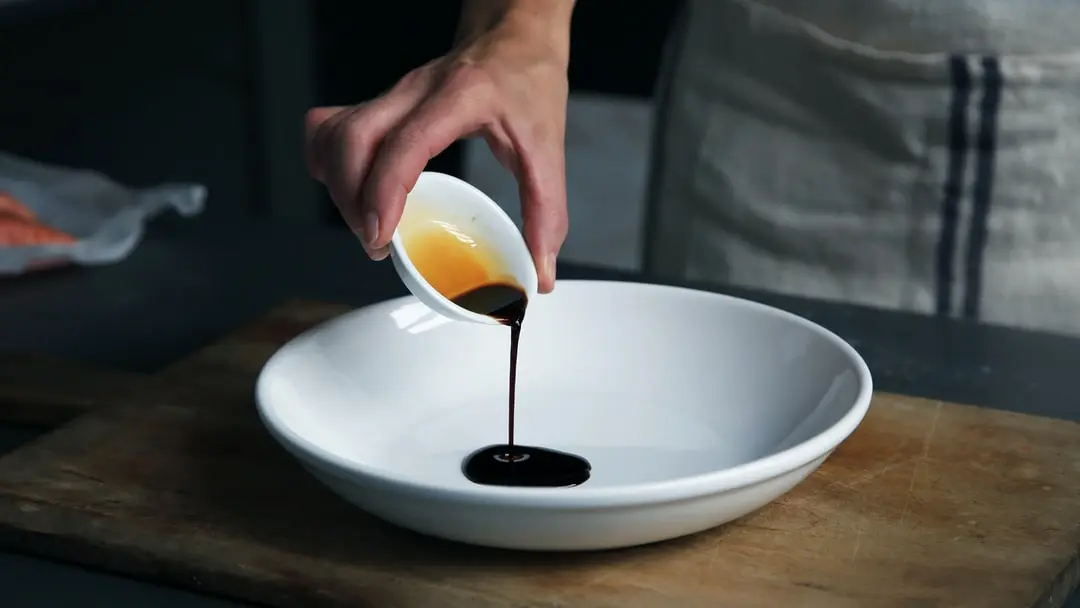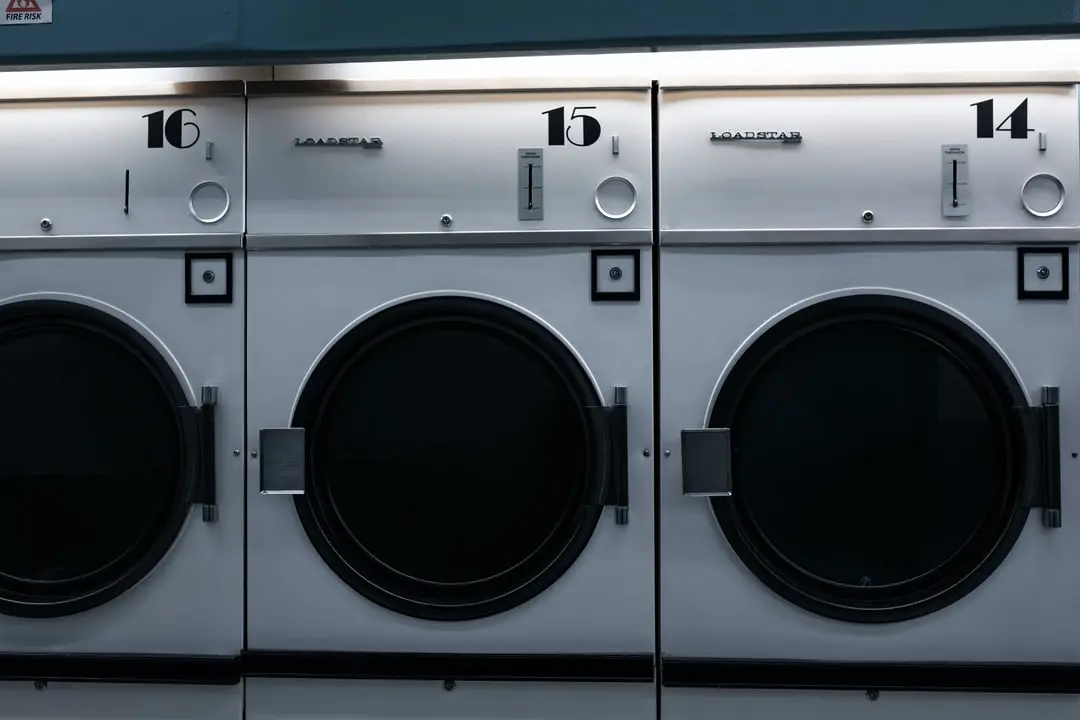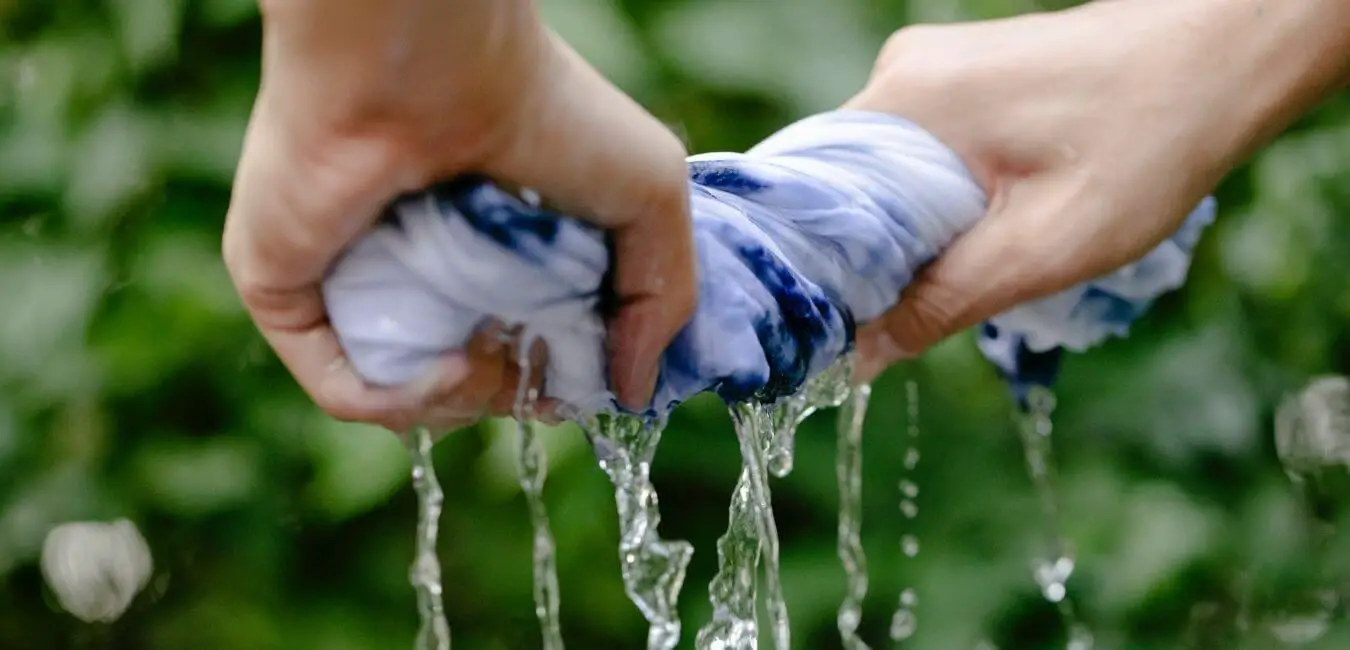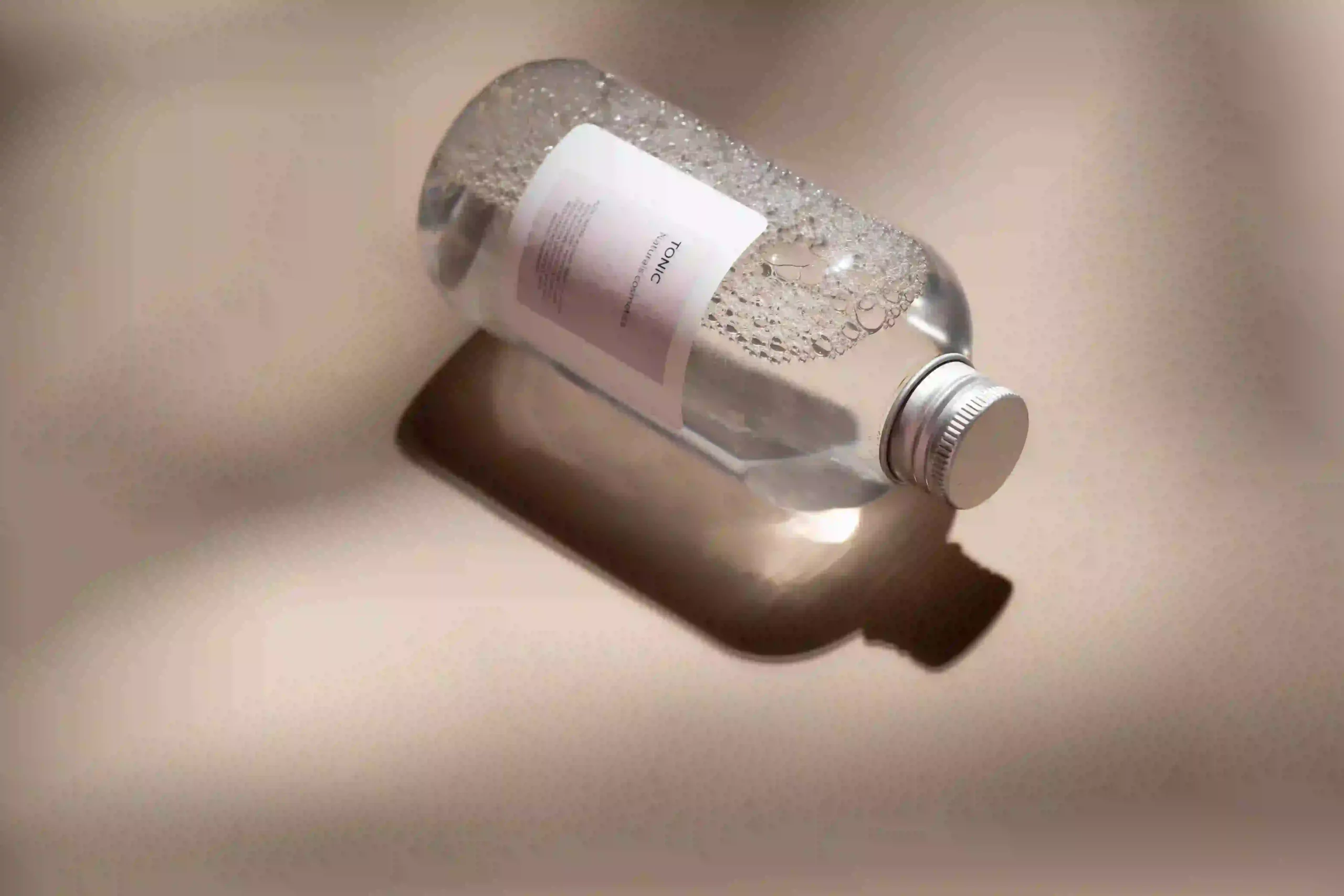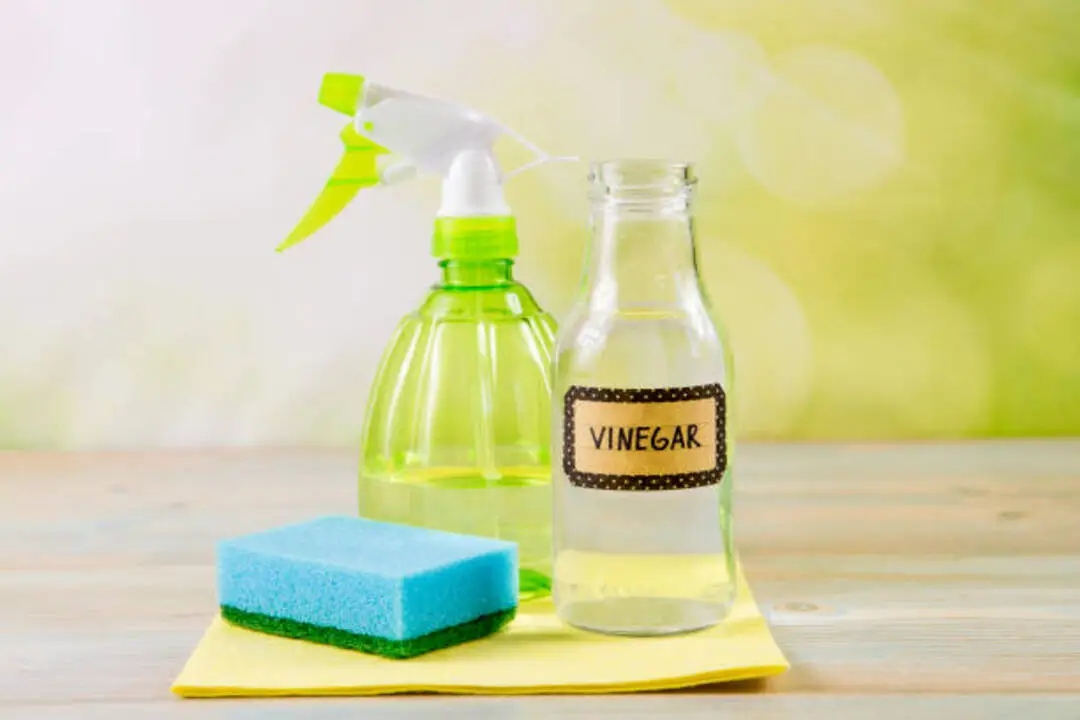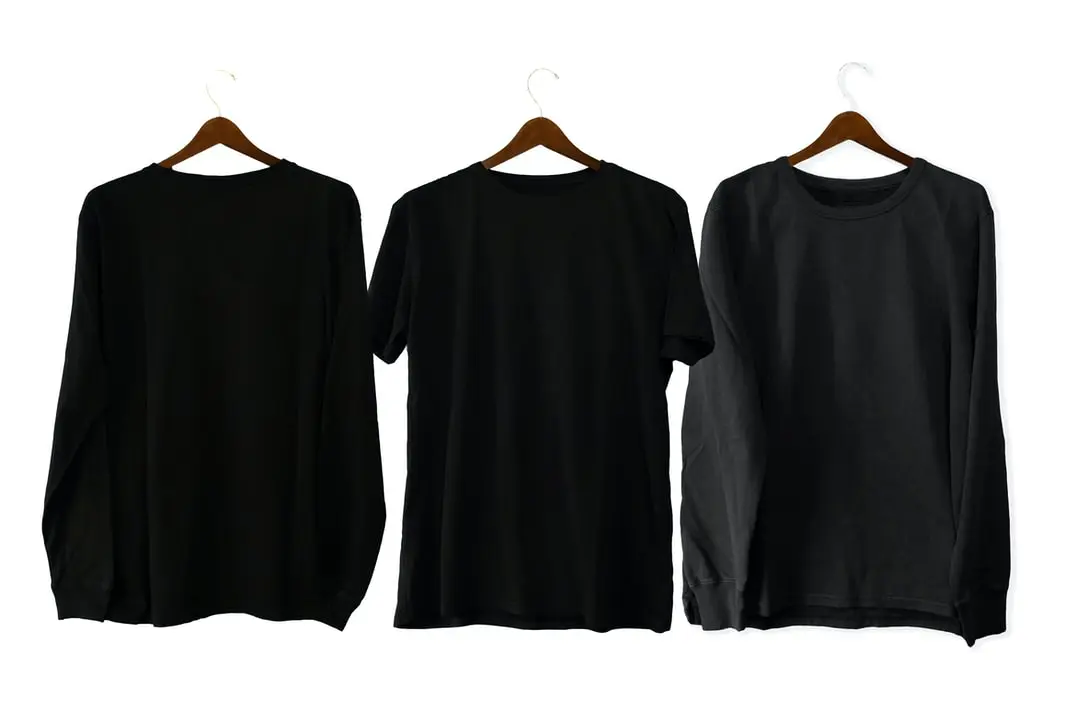Do you ever feel restricted by the care labels on your clothing? Are you tired of having to sort through your laundry and wash everything separately?
Many of us have been taught to follow strict instructions when it comes to washing our clothes, but what happens if we break the rules?
One common question that arises is whether it’s okay to wash everything on a delicate cycle. Some people swear by this method, while others are skeptical.
In this article, we’ll explore the pros and cons of washing all your clothes on delicate, and help you decide if it’s the right approach for you.
Get ready to break free from conventional laundry wisdom and discover a new way to care for your wardrobe!
Understanding Fabric Care Labels

Did you know that only 29% of Americans actually interpret the symbols on fabric care labels correctly? This means that many people may not be taking proper care of their clothing and other fabrics, potentially shortening their lifespan.
Understanding fabric care labels is crucial to maintaining the quality and longevity of your favorite clothes.
When it comes to interpreting symbols, it’s important to consider the type of fabric you’re dealing with. Different fabrics require different care instructions, so it’s essential to know what you’re working with.
Additionally, it’s important to understand the limitations of your washer. While delicate cycles can be useful for some fabrics, not all washers have this option. Hand washing may be necessary for more delicate items.
Even if you are using a delicate cycle, there are still considerations to take into account when drying your clothes. Some fabrics should never be put in a dryer, while others can handle higher temperatures.
By understanding these factors and taking appropriate measures, you can prolong the life of your clothes and prevent unnecessary wear and tear.
Three Advantages Of Using A Delicate Cycle

First off, using the delicate cycle on your washing machine can help to extend the life of your garments. It’s gentler on fabrics, so it won’t damage them as much over time. Plus, it’s specifically designed for delicate fabrics, so it can help to protect them better than a regular cycle.
Additionally, using the delicate cycle can save energy consumption. It’s usually shorter and uses less water, so it’s more efficient and environmentally friendly.
All in all, using the delicate cycle has its advantages, and it’s a great choice for delicate fabrics.
1. Extending The Life Of Garments
Do you ever feel like your favorite clothes are wearing down too quickly? It’s frustrating when you invest in quality garments, only to see them fade and lose their shape after a few washes. But don’t worry, there is a simple solution that can help extend the life of your clothes: using the delicate cycle.
Not only is this an eco-friendly option that saves on energy and water consumption, it also offers several benefits like hand washing benefits, fabric softener usage, drying techniques, and stain removal tips.
When it comes to extending the life of your garments, the delicate cycle is a game changer. By using this setting on your washing machine, you’ll be able to gently clean your clothes without causing damage to delicate fabrics like silk or lace.
Additionally, you can add fabric softener to help keep fibers smooth and prevent pilling over time. And when it comes to drying techniques, air-drying or using a low-heat setting will help preserve the integrity of your clothes.
One of the biggest advantages of using the delicate cycle is how effective it is at removing stains. Because this setting uses less agitation than a regular cycle, there’s less chance of damaging fabrics while still getting rid of tough spots. Plus, many detergents have specialized formulas for delicate fabrics that are gentle on the materials and colors.
So whether you’re dealing with grass stains on jeans or red wine spills on a white blouse, the delicate cycle can help keep your clothes looking new for longer.
2. Protecting Delicate Fabrics
Are you tired of seeing your favorite clothes lose their shape and color after just a few washes? If so, it’s time to consider using the delicate cycle. Not only is this an eco-friendly option, but it also offers several advantages that can help protect your garments and extend their lifespan.
One of the main benefits of using the delicate cycle is its ability to protect delicate fabrics. By using less agitation and a gentler washing motion, this setting helps prevent damage to materials like silk or lace. Additionally, hand-washing techniques can be incorporated into the cycle for even greater protection. Air drying or ironing techniques can also be used to further preserve the integrity of your clothes.
Another advantage of the delicate cycle is its effectiveness in stain removal. With less agitation than a regular cycle, there’s less chance of damaging fabrics while still getting rid of tough spots. And by incorporating fabric softeners into the wash, fibers are kept smooth and pilling is prevented over time.
So whether you’re dealing with grass stains or red wine spills, the delicate cycle can help keep your clothes looking new for longer without sacrificing cleanliness.
3. Reducing Energy Consumption
Are you tired of high energy bills and the negative impact washing machines have on the environment? Look no further than energy-efficient laundry tips, like using the delicate cycle.
Not only is this a gentle cleaning option, but it also promotes fabric longevity and sustainable washing practices.
By incorporating eco-friendly washing habits into your routine, you can reduce your carbon footprint while still maintaining clean clothes.
The delicate cycle is a great way to do just that. With its ability to protect delicate fabrics and effectively remove stains with less agitation, you’ll be able to extend the life of your clothes without sacrificing cleanliness.
So why not make the switch to the delicate cycle? By doing so, you’ll not only save money on your energy bill but also contribute to a more sustainable future for our planet.
It’s a small change that can make a big impact in the long run.
Check This Article: Does Delicate Wash Cycle Really Clean Clothes
Disadvantages Of Using A Delicate Cycle

I’m sure we’ve all been tempted to use the delicate cycle for all of our laundries, but there are a few drawbacks.
Firstly, it takes a lot longer to complete a load of laundry when you use the delicate cycle, which can be a pain.
Secondly, it’s not as effective as a regular cycle when it comes to cleaning. So, if you’re looking for a deep clean, it’s best to avoid the delicate cycle.
1. Increased Laundry Time
Are you tired of constantly worrying about damaging your clothes when doing laundry? The delicate cycle may seem like a convenient solution, but it comes with a host of disadvantages.
One major issue is the increased laundry time. While the delicate cycle is gentle on fabric, it takes longer to complete a load than the regular cycle. This means you will spend more time waiting for your laundry to finish, which can be inconvenient if you have a busy schedule.
Some may argue that the longevity of their clothes is worth the extra time spent on the delicate cycle. However, others prioritize convenience over fabric care. In today’s fast-paced world, people want everything done as quickly and efficiently as possible.
Eco-friendliness is another factor to consider when choosing between delicate and regular cycles. While the former uses less water and energy than its harsher counterpart, it also takes longer to complete a load.
It’s important to weigh the pros and cons of each cycle before deciding which one to use. If you have delicate fabrics that require gentle care, then, by all means, use the delicate cycle. However, if you’re short on time or don’t mind some wear and tear on your clothes, then the regular cycle may be a better option for you.
Ultimately, it comes down to finding a balance between fabric care and convenience that works best for your lifestyle.
2. Reduced Cleaning Effectiveness
Are you someone who prioritizes convenience over fabric care when doing laundry? While the delicate cycle may seem like a quick and easy solution, it’s important to consider its disadvantages before making a decision.
One major drawback is reduced cleaning effectiveness. The gentle nature of the cycle means that tough stains, heavy fabrics, greasy clothes, pet hair, and odor removal are not effectively tackled.
If you have a load of laundry with any of these issues, using the delicate cycle may not be the best choice. Instead, opting for the regular cycle or pre-treating items before washing can help ensure your clothes come out clean and fresh.
It’s important to also note that using too gentle a cycle can cause buildup in the machine, leading to further issues down the road.
In conclusion, while the delicate cycle may seem like a good option for some fabrics and clothing items, it’s important to weigh its disadvantages against your priorities. If cleaning effectiveness is a concern for you, then choosing an alternative cycle or pre-treatment method may be necessary.
Ultimately, finding the right balance between convenience and care will lead to better laundry outcomes in the long run.
Which Fabrics Are Safe To Wash On A Delicate Cycle?

While the delicate cycle has its advantages, it’s important to note that it also has its disadvantages. It’s not always the best option for every garment. Delicate items are often made of fabrics that require special care and attention.
Silk blouses, lace lingerie, wool sweaters, rayon dresses, and linen pants are all examples of garments that can be washed on a delicate cycle. However, it’s important to read the care label before washing any item. Some fabrics may require hand washing or dry cleaning instead.
If you’re unsure about whether a garment can be washed on the delicate cycle or not, there are alternatives. Hand washing is a gentle way to clean delicate items without risking damage to the machine. Dry cleaning is another option for items that cannot be washed at home.
By taking the time to properly care for your clothing, you can ensure that it will last longer and look its best.
Transitioning into alternatives to the delicate cycle for different garments, there are various methods to take into consideration when caring for your clothes. From using cold water to air-drying rather than tumble-drying, there are multiple ways in which you can maintain the quality of your garments while avoiding damage from a harsh wash cycle.
Alternatives To The Delicate Cycle For Different Garments

If you’re concerned about using the delicate cycle for all your laundry, there are other options.
Hand washing is an excellent alternative for delicate fabrics like silk or lace. It’s more time-consuming than using a machine, but it’s gentler on the fabric and can help extend the life of your garment.
Dry cleaning is another option for delicate or structured items like blazers or suits.
For stains or spots that need special attention, spot treatment is a great method to try before resorting to washing the entire garment. Simply use a small amount of detergent or stain remover directly on the affected area and gently rub with a soft brush or cloth. Be sure to test any new products on a small, inconspicuous area first to avoid damaging the fabric.
When it comes to drying, air drying is always preferable over machine drying. Hang your clothes on a line or rack and let them dry naturally. This will help prevent shrinkage and damage caused by high heat in a dryer.
If you prefer to use fabric softeners, opt for natural alternatives like wool dryer balls instead of chemical-laden liquid softeners.
By exploring these alternatives to the delicate cycle, you can feel empowered to take care of your clothes in a way that best suits their needs while reducing your environmental impact and saving money on dry cleaning bills.
Remember to always read care labels carefully and treat each piece with care so that you can enjoy them for years to come without worrying about damage from harsh wash cycles or detergents.
Conclusion and final thoughts 💭
In conclusion, washing everything on delicate may seem like a convenient option, but it’s important to understand fabric care labels and consider the advantages and disadvantages.
The delicate cycle can be helpful for preserving delicate fabrics and preventing damage, but it may not be suitable for all garments.
For example, imagine you have a vintage silk blouse you want to wash. It has a delicate lace trim and intricate embroidery. Using the delicate cycle would be the best choice to avoid damaging these details.
However, if you have a pair of jeans with tough stains, using a regular cycle with a stain remover would be more effective in getting them clean.
Ultimately, it’s important to assess each garment individually and choose the appropriate washing method for optimal results.


